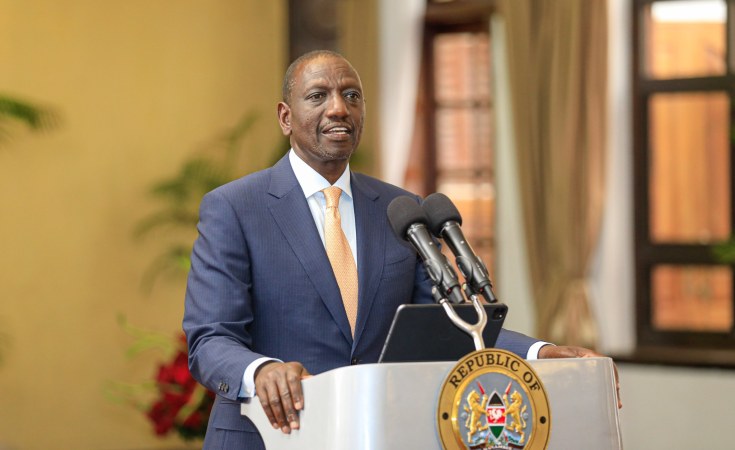Addis Ababa — The United Nations General Assembly has adopted a 'Pact for the Future', which UN Secretary-General Antonio Guterres described as a landmark agreement that is a "step-change towards more effective, inclusive, networked multilateralism
Leaders pledged to bolster the multilateral system to keep pace with a changing world and to protect the needs and interests of current and future generations facing persistent crisis, according to media reports.
This Pact is the culmination of an inclusive, years-long process to adapt international cooperation to the realities of today and the challenges of tomorrow.
The Pact for the Future includes a Global Digital Compact and a Declaration on Future Generations.
The most wide-ranging international agreement in many years, covering entirely new areas as well as issues on which agreement has not been possible in decades, the Pact aims above all to ensure that international institutions can deliver in the face of a world that has changed dramatically since they were created.
Overall, the agreement of the Pact is a strong statement of countries' commitment to the United Nations, the international system and international law.
Leaders set out a clear vision of an international system that can deliver on its promises, is more representative of today's world and draws on the energy and expertise of governments, civil society and other key partners.
"The Pact for the Future, the Global Digital Compact, and the Declaration on Future Generations open the door to new opportunities and untapped possibilities," said the UN Secretary-General Antonio Guterres during his remarks at the opening of the Summit of the Future.
The President of the General Assembly noted that the Pact would "lay the foundations for a sustainable, just, and peaceful global order - for all peoples and nations."
The Pact covers a broad range of issues including peace and security, sustainable development, climate change, digital cooperation, human rights, gender, youth and future generations, and the transformation of global governance.
The Declaration on Future Generations focuses on securing the well-being of future generations, also highlighting the need to include their interests in decision-making processes.
It also underlines the importance of protecting the environment, promoting intergenerational equity, and ensuring that long-term consequences of today's actions are considered.


